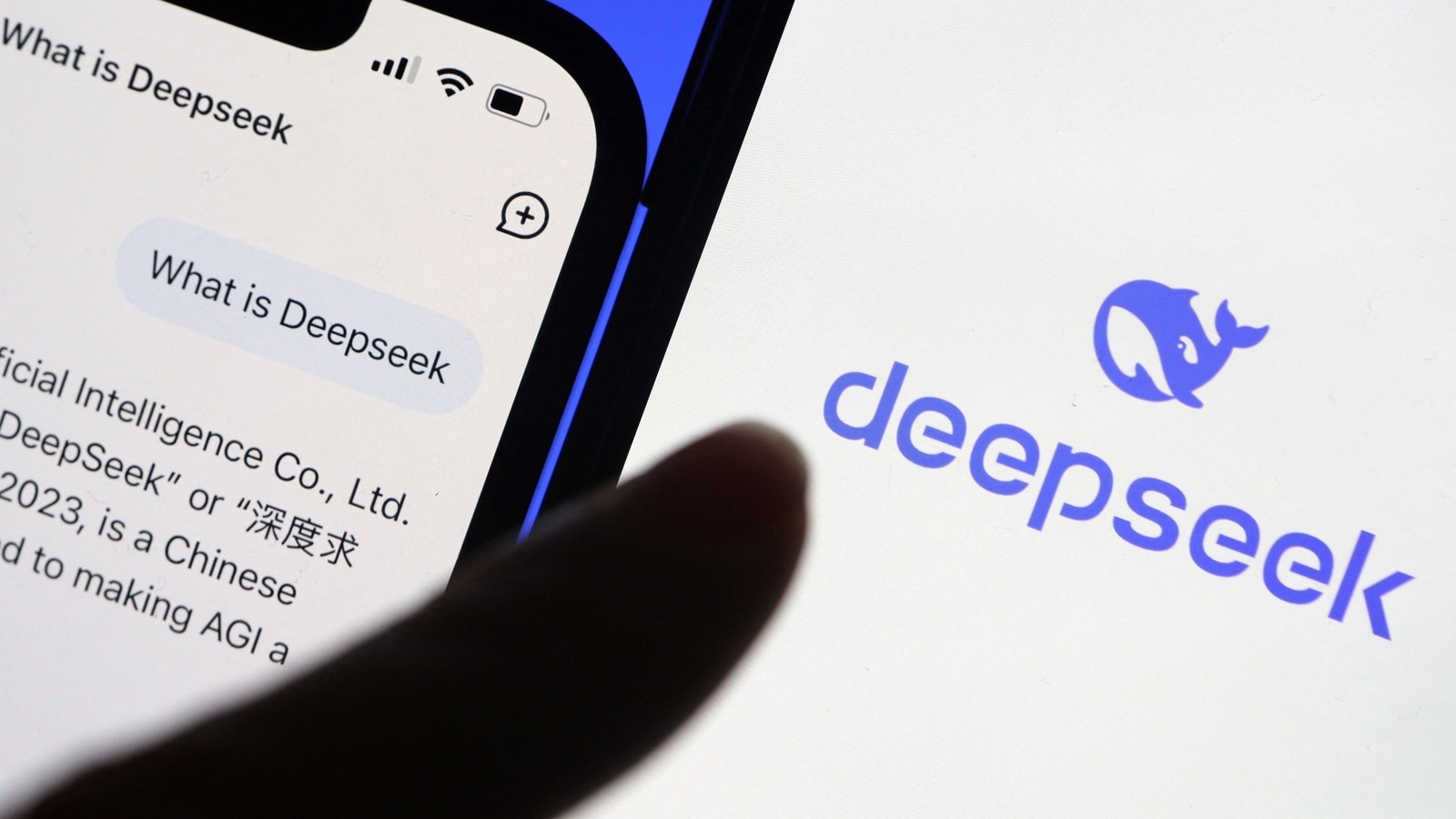In a shocking turn of events, Chinese tech giant DeepSeek, known for its cutting-edge artificial intelligence and data analytics technologies, has been granted what’s being called “National Treasure” status by the Chinese government. This extraordinary designation means that the company, along with its key engineers, is now subject to significant government oversight, including travel restrictions, passport seizures, and other measures aimed at keeping its top talent and intellectual property under strict control.
The move comes as China doubles down on its commitment to securing its position as a global leader in AI and tech innovation. While DeepSeek’s technology has propelled the company to international prominence, this new development has raised questions about the government’s increasing control over tech companies and its potential ramifications for the global tech ecosystem.
What “National Treasure” Status Means
The designation of “National Treasure” is an unprecedented move by the Chinese government, effectively putting DeepSeek under the same level of scrutiny and control as the country’s most strategic industries. Sources inside the company suggest that this move is linked to the government’s desire to maintain strict control over DeepSeek’s top engineers and intellectual property, given the company’s potential to play a pivotal role in China’s future technological advancements.

This designation comes with a series of significant restrictions and consequences:
- Travel Ban: DeepSeek’s top engineers, including the company’s leadership, are now prohibited from leaving China without express government approval. This includes both business and personal travel, effectively limiting their global mobility.
- Passport Seizure: In a move that has shocked many in the international tech community, the passports of key DeepSeek executives and senior engineers have been seized by government authorities. This means that these individuals are unable to travel abroad without facing severe legal repercussions.
- IP and Resource Lockdown: DeepSeek’s intellectual property and resources, including proprietary AI models and algorithms, are now considered strategic national assets. Any attempts to share, sell, or export these technologies without government oversight will face severe penalties.
- Enhanced Surveillance: There is also a marked increase in surveillance and government monitoring of the company’s activities, including communications, R&D, and interactions with foreign partners.
What It Means for DeepSeek’s Top Engineers
For DeepSeek’s key engineers, the “National Treasure” status is a double-edged sword. While it could provide the company with unprecedented support and resources from the Chinese government, it also severely limits personal freedoms and professional opportunities. Engineers who were once able to freely collaborate with international partners or travel for work now face unprecedented restrictions.
“The passport seizure and travel ban are a major concern for many at DeepSeek,” said a former senior engineer at the company, who wished to remain anonymous. “Many of us have worked with international firms or have family abroad, and now all of that is suddenly out of reach. It’s hard to say how long this will last or whether it will impact our ability to innovate without the freedom to collaborate globally.”
The consequences could be far-reaching for DeepSeek’s international relationships as well. With top engineers and executives now restricted from traveling or meeting with foreign partners, the company’s ability to expand globally could be stunted, and its collaborations with Western companies could face serious setbacks.
Impact on DeepSeek’s Global Position
DeepSeek, which has been recognized for its advancements in AI-driven data analysis and machine learning, has seen rapid growth in recent years. With this new designation, the company is expected to shift its focus to domestic projects and government-backed initiatives, such as national cybersecurity, defense, and infrastructure development.
Experts suggest that this move may signal China’s growing desire to consolidate its tech giants within its borders and reduce reliance on foreign partnerships, particularly as geopolitical tensions rise. Some see this as a way for the Chinese government to ensure that critical AI technologies stay within the country’s control.
“DeepSeek’s technology is highly valuable, and China is clearly placing a high priority on keeping that technology and its engineers close to home,” said Ming Li, a Shanghai-based tech analyst. “While this will likely benefit China in the short term, the long-term effects on DeepSeek’s international partnerships remain unclear.”
Reactions from the International Tech Community
The news has sparked concern among international observers, with many questioning whether other nations will take similar actions against their own tech companies or foreign companies operating within China. Several international companies that had previously collaborated with DeepSeek have expressed caution, as they now face uncertainty about the future of these partnerships.
“DeepSeek has been a key player in many of our projects, and this move by China raises questions about the future of cross-border collaboration,” said an executive at a European tech firm that works with DeepSeek. “While we respect China’s desire to secure its tech landscape, we are concerned about how this will affect innovation and free exchange in the global tech community.”
What’s Next for DeepSeek?
With its “National Treasure” status, DeepSeek finds itself at a critical juncture. The company will likely continue to receive strong backing from the Chinese government, which sees its tech as a valuable national asset. However, the company now faces the challenge of balancing its relationship with the government while navigating the personal and professional limitations imposed on its engineers.
For DeepSeek’s engineers, the road ahead remains uncertain. Many are grappling with the implications of their new reality—unable to travel freely, collaborate across borders, or even leave the country for personal reasons. While the company may receive additional resources and funding from the Chinese government, it’s unclear whether these measures will stifle the creative freedom and international collaboration that has driven DeepSeek’s innovation to date.
As the situation develops, all eyes will be on DeepSeek to see how it adapts to this new status and how its engineers navigate the complex landscape of government control and global innovation.












